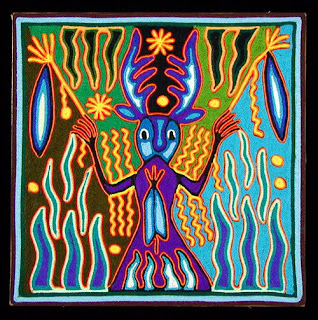SECTION VII.
For as dough without a ferment cannot be fermented so when thou sublimest the body and purifiest it, separating the uncleanness from it, thou wilt then conjoin and mix them together, and put in the ferment confecting the earth and water. Then will the Ixir ferment even as dough doth ferment. Think of this, and see how the ferment in this case doth change the former natures to another thing. Observe, also, that there is no ferment otherwise than from the dough itself.
Observe, moreover, that the ferment whitens the confection and hinders it from turning, and holds the tincture lest it should fly, and rejoice the bodies, and makes them intimately to join and to enter one into another, and this is the key of the philosophers and the end of their work: and by this science, bodies are meliorated, and the operation of them, God assisting, is consummate.
But, through negligence and a false opinion of the matter, the operation may be perverted, as a mass of leaven growing corrupt, or milk turned with rennet for cheese, and musk among aromatics.
The sure colour of the golden matter for the red, and the nature thereof, is not sweetness; therefore we make of them sericum - ie Ixir; and of them we make the enamel of which we have already without and with the king's seal we have tinged the clay, and in that have set the colour of heaven, which augments the sight of them that see.
The Stone, therefore is the most precious gold without spots, evenly tempered, which neither fire nor air, nor water, nor earth is able to corrupt for it is the Universal Ferment rectifying all things in a medium composition, whose complexion is yellow and a true citrine colour.
The gold of the wise, boiled and well digested with a fiery water, makes Ixir; for the gold of the wise is more heavy than lead, which in a temperate composition is a ferment Ixir, and contrariwise, in our intemperate composition, is the confusion of the whole. For the work begins from the vegetable, next from the animal, as in a hen's egg, in which is the greatest help, and our earth is gold, of all which we make sericum, which is the ferment Ixir.
Sericum
Latin Noun
sēricum (genitive sēricī); n, second declension
Wiktionary
...the fever came, A punctual visitant, to shake this man, Disarmed his voice and fanned his yellow cheek Into a thousand colours; while he read, Or mused, his sword was haunted by his touch Continually, like an uneasy place 160 In his own body. 'Twas in truth an hour Of universal ferment; mildest men Were agitated, and commotions, strife Of passion and opinion, filled the walls Of peaceful houses with unquiet sounds. The soil of common life was, at that time, Too hot to tread upon. Oft said I then, And not then only, "What a mockery this Of history, the past and that to come! Now do I feel how all men are deceived, 170 Reading of nations and their works, in faith, Faith given to vanity and emptiness; Oh! laughter for the page that would reflect To future times the face of what now is!"

Comments